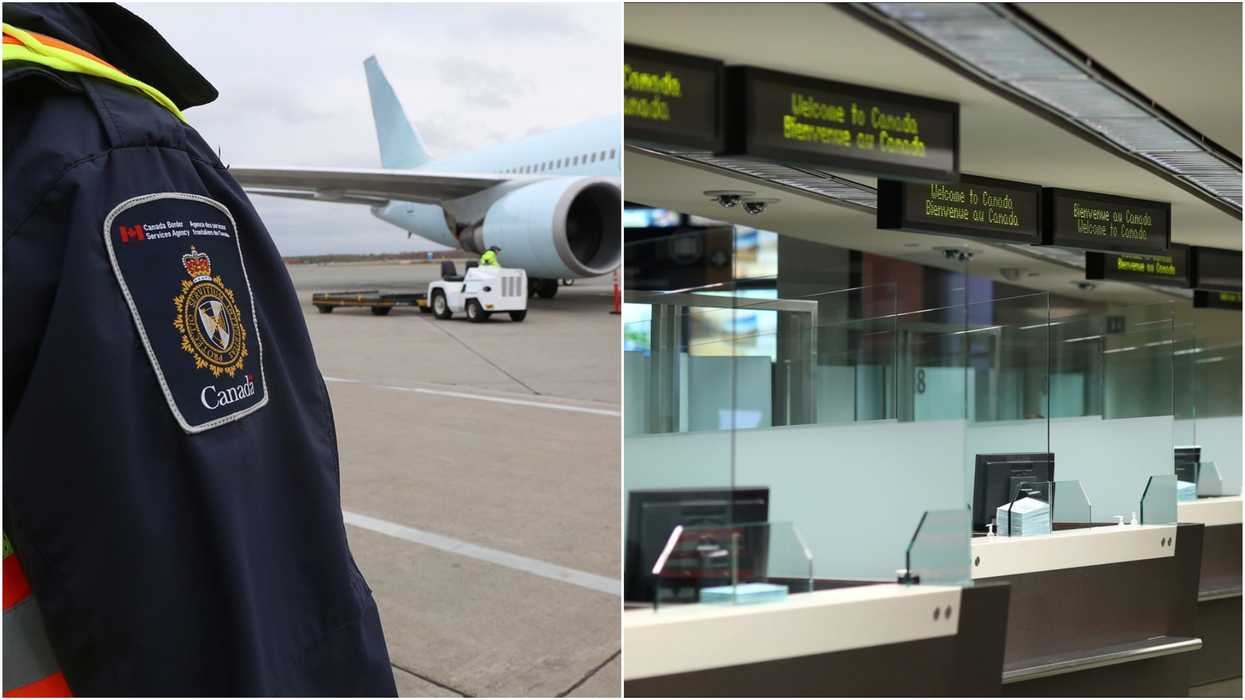Over 18,000 Travellers Have Been Turned Away At The Canadian Border Since March
The official border closure isn’t deterring thousands of travellers from attempting to enter the country. That’s the message coming from the Canada Border Services Agency this week, as they revealed almost 18,500 people tried to cross Canada’s border to shop, sightsee or visit relatives. The majority of those were American citizens.
Although Canada officially closed its international borders back in March due to concerns about COVID-19, thousands of foreign travellers have still attempted to visit.
Editor's Choice: Tim Hortons Is Giving Away Free Donuts In Canada For The Entire Long Weekend
To discourage cross-border travel ahead of the Labour Day weekend, the Canada Border Services Agency (CBSA) is reminding visitors just how many people have already been turned away at our entry points.
According to the agency, per CBC News, 18,431 people were denied entry between March 22 and September 2.
16,070 of those were U.S. citizens and 2,361 were other foreign citizens arriving from the U.S.
Those turned away were deemed to be taking non-essential trips to Canada to do things like sightsee, go shopping or visit relatives and friends.
While the COVID-19 pandemic appears to have slowed international travel considerably, more than four million people have still entered Canada since restrictions were imposed in March.
On August 31, the CBSA shared a reminder that all of Canada’s international border crossings were closed to non-essential travel.
“All travel of an optional or discretionary nature, including tourism, recreation and entertainment, is covered by these measures across all ports of entry in all modes of transportation: land, marine, air and rail,” the notice reads.
The agency adds that U.S. citizens would not be permitted entry for activities such as hiking, fishing, hunting, boating, checking on a cottage, visiting friends or attending a party.
Since the beginning of Canada’s travel restrictions, multiple Americans have faced heavy fines for failing to follow the rules.
Some travellers initially used an Alaska loophole to enter the country, before visiting tourist hotspots like Banff and Jasper.
More recently, boaters have been caught crossing the border via the water, and now face fines of up to $2,000.
With the Labour Day holiday ahead, officials are probably hoping it’s a quiet one at Canada’s borders.
If you’re interested in patrolling Canada’s entry points, the CBSA is hiring students right now. They’re even paying up to $34 per hour!
